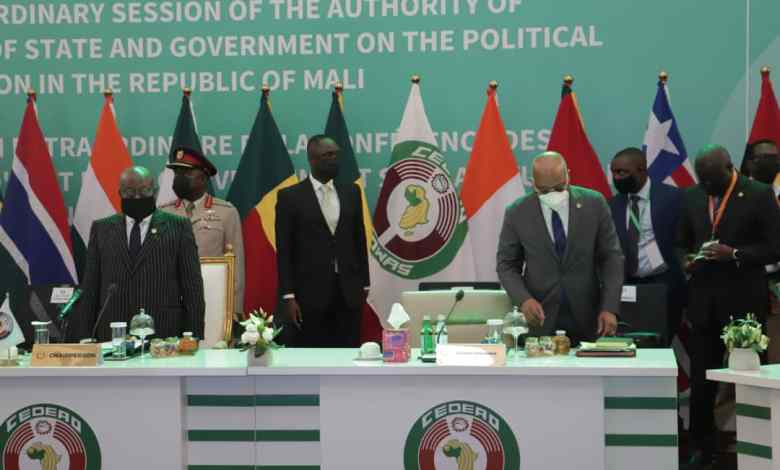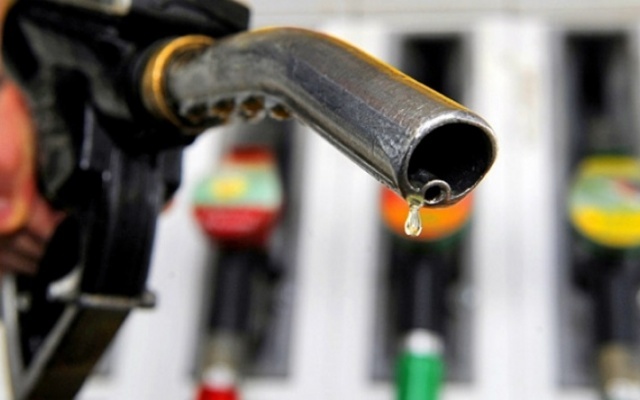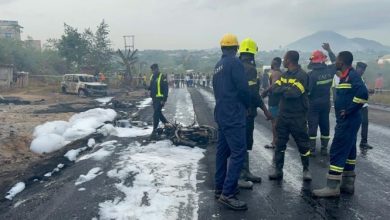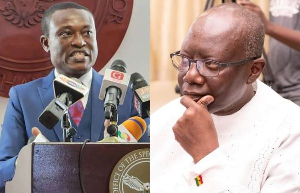
President Akufo-Addo, the chairman of the Economic Community of West Africa State (ECOWAS), is leading a meeting with his colleague heads of state and government to review the five year proposed transition plan put forth by military rulers in Mali.
Addressing the opening ceremony of an extraordinary session of the Authority of heads of state and Government on the political situation in the Republic of Mali at the Kempinski hotel today 9 January 2022, President Akufo-Addo says he is hopeful that he and his colleagues will take appropriate decisions that will advance the future of Mali and the Community as a whole.
New developments
Narrating what has transpired since the last ordinary meeting of ECOWAS heads of states held in Abuja, Nigeria, on the 12 December 2021, President Akufo-Addo said he “received a ministerial delegation from Mali lead by the Malian foreign minister, Abdoulaye Diop, on 31st December 2021, which communicated to me the chorogram of the transition” that ECOWAS has been requesting for several months.
“I was informed that the four-day national foundation reform conference initiated by the transitional authority recommended that elections should be held with a period of six months to five years to restore democracy in the country”.
“The official proposal submitted to me by the transitional authority under the hand of its head indicated that the transition period should run for five years” President Akufo-Addo said.

Transition period reviewed
Further in his statement, President Akufo-Addo, announced that subsequent to the communication of 31 December 2021, “by a letter” to him “dated the 7 January 2022, two days ago, the head of the Malian transition stated that the period had now been modified to four years”.
“Excellencies, it is this decision that we are meeting to review to determine whether it is in compliance to the agreement reached on 15 September 2020, and embodied in the transition charter, and more fundamentally, whether it conforms to the Community principles as enshrined in the ECOWAS supplementary protocol on democracy and good governance” Akufo-Addo said.
“It is my expectation that we will take the appropriate decisions that will advance the future of Mali and our Community. National, regional and international stakeholders are all awaiting the result of our meeting”.
“I will therefore hope that the outcomes of our deliberations will contribute to the promotion of democracy and consolidating peace and security in Mali and out region” President Akufo-Addo added.
Political parties in Mali
Following the disclosure by the Malian transition authority, major political parties in Mali have said no to the military government’s five-year plan for transition to civilian rule.
Since August 2020, the military has carried out two coups and postponed elections.
A significant coalition of political parties in Mali rejected the military-led government’s plans for a slow transition to democratic rule. The military plan says the transition could take up to five years.
Transition plan
Under its plan, a constitutional referendum would be held in 2023 and legislative elections in 2025. A presidential election would not take place until 2026. The junta called its proposal “appropriate to conduct the political and institutional reforms.”
The army has been in control in Mali since August 2020. In that time, the army has carried out two coups and postponed elections previously scheduled for next month that it had committed to holding.
A coalition of 10 parties said the plan is a violation of the transition charter and “has not been discussed in Mali and cannot in any way be the deep desire of the Malian people.”
The coalition said in a statement it “rejects this unilateral and unreasonable timetable.”
Mali 2020 coup
In August 2020, Colonel Assimi Goita overthrew former president Ibrahim Boubacar Keita. That coup followed weeks of protests against corruption and Keita’s response to a violent jihadist insurgency.
France and countries bordering Mali forced Goita’s hand to pledge that Mali would return to democratic civilian rule next month following presidential and legislative elections.
Instead of adhering to that transition plan, Goita instead staged another coup in May 2021 which forced out interim civilian leaders and pushed back the transition timeline.
The army said insecurity in northern Mali was the primary driver for postponing elections. The government does not control over half of Mali’s territory.
Various armed groups are jockeying for power, including groups affiliated with al-Qaeda and the so-called Islamic State.




